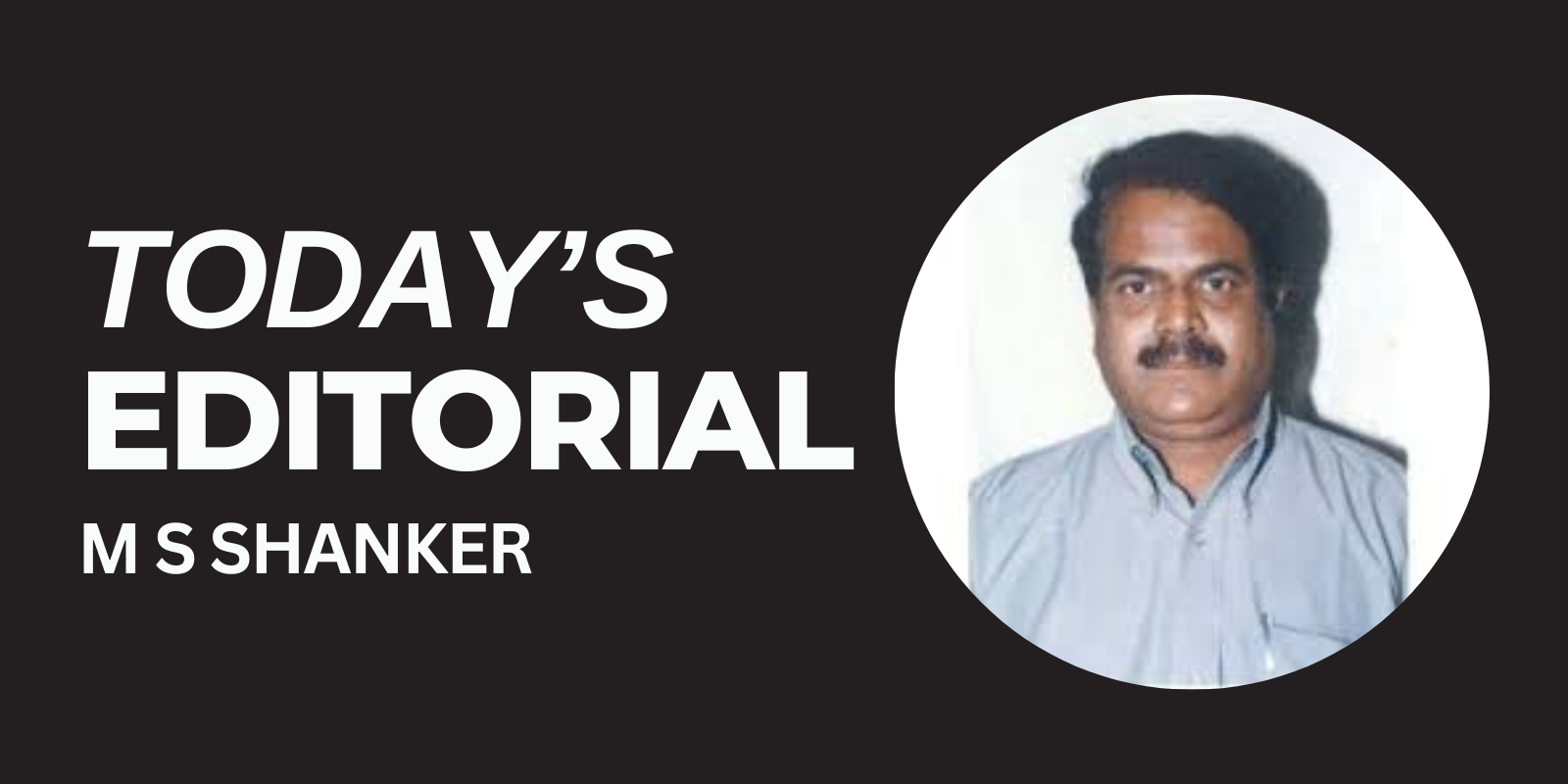Prime Minister Narendra Modi’s recent three-day visit to the United States for the QUAD summit, hosted by outgoing President Joe Biden, has delivered significant diplomatic takeaways. As the Quadrilateral Security Dialogue (QUAD) evolves into a vital strategic alliance, Modi used the platform to clarify its mission, dispel misconceptions, and position India as a strong player in global geopolitics. In doing so, he reinforced the message that India and the U.S. will continue to collaborate post-U.S. elections, regardless of the political outcome. One of the most critical moments in Modi’s speech was his firm declaration that QUAD is not directed against any specific nation. There has been speculation, especially from Beijing, that the QUAD alliance was created to counter China’s growing influence in the Indo-Pacific region. However, Modi used the platform to remove ambiguity. By emphasizing that QUAD is meant for the “global good,” he aimed to project the alliance as one focused on cooperation and shared progress rather than confrontation. This was a diplomatic masterstroke, especially when considering the delicate nature of India’s own relationship with China, its powerful neighbor. The announcement of Rs 7 billion for the Mooncancer project, a groundbreaking initiative under the QUAD banner, further reinforced this notion. By focusing on joint scientific research and health innovation, Modi showcased QUAD’s potential to address pressing global issues that transcend political borders.

Another key aspect of Modi’s message was his reassurance that the QUAD alliance is here to stay, despite any political transitions in the U.S. With Biden’s tenure ending, and the prospect of a new U.S. administration in 2025, some skeptics have questioned the future of the alliance. Modi addressed these concerns head-on, stating unequivocally that QUAD would persist beyond Biden’s exit. This assurance resonated strongly, reflecting Modi’s confidence in the robustness of India-U.S. relations and the broader alliance between QUAD nations. Interestingly, Modi’s confidence seemed to suggest that he foresees continued strong relations with the U.S. even if Donald Trump returns to power. One cannot forget the close bond Modi shared with Trump, as evidenced by the famous slogan “Ab ki baar, Trump ki sarkar,” which the Indian leader voiced at a rally with Trump during his previous campaign. Modi’s pragmatic diplomacy has allowed him to forge strong relationships with both Republicans and Democrats, a valuable asset for India as it navigates the uncertain waters of U.S. electoral politics. Modi also underscored that India would host the next QUAD summit, set for 2025, further entrenching India’s role as a key player in this alliance. The announcement not only demonstrated India’s commitment but also sent a message of continuity and stability in global cooperation, regardless of which party holds power in the U.S. Modi’s visit sent a clear signal to the world that the U.S.-India relationship remains robust and is set to deepen further. Despite the turbulence in U.S. domestic politics, both nations are committed to the strategic partnership, especially through QUAD. The mutual benefits of this alliance are clear. For the U.S., India represents a key partner in balancing China’s influence. For India, the U.S. is an essential ally in the global stage, offering economic, military, and diplomatic support.
Whether a future administration is led by former President Donald Trump, whose relations with Modi were notably warm, or Vice President Kamala Harris, whose Indian roots offer a unique personal connection, the trajectory of U.S.-India relations appears to be on solid footing. Modi’s interactions with the Indian diaspora during this trip further cemented this notion, although it’s clear that the Indian prime minister’s slogans abroad do not always translate into electoral victories at home, as evident in the recent Lok Sabha elections where “Ab ki baar, chaar sau par” did not materialize into a sweeping majority. An intriguing development during this visit was Russian President Vladimir Putin’s indirect acknowledgment of Modi’s rising diplomatic stature. Putin reportedly invited Modi, along with other major world leaders like China and Brazil, to help resolve the ongoing Russia-Ukraine conflict. This move signifies a shift in global diplomacy, with Modi being viewed as a potential mediator in one of the world’s most pressing conflicts. Interestingly, Putin’s invitation came at the QUAD meeting, despite Russia’s lack of involvement in the alliance. This reflects the paradox of modern geopolitics—while QUAD focuses on countering the aggressive posturing of powers like China, it also fosters dialogue with nations like Russia to maintain global stability. Modi’s diplomatic balancing act, managing relations with both QUAD nations and Russia, signals India’s growing role as a mediator in global affairs. His clear articulation of QUAD’s mission, commitment to cooperation beyond U.S. elections, and his growing stature as a global leader in conflict resolution underscore India’s strategic importance on the world stage. As India prepares to host the next QUAD summit, the world will be watching closely to see how this alliance continues to shape the geopolitical landscape, and how India, under Modi’s leadership, navigates the complexities of its relationships with powers like the U.S., China, and Russia.





